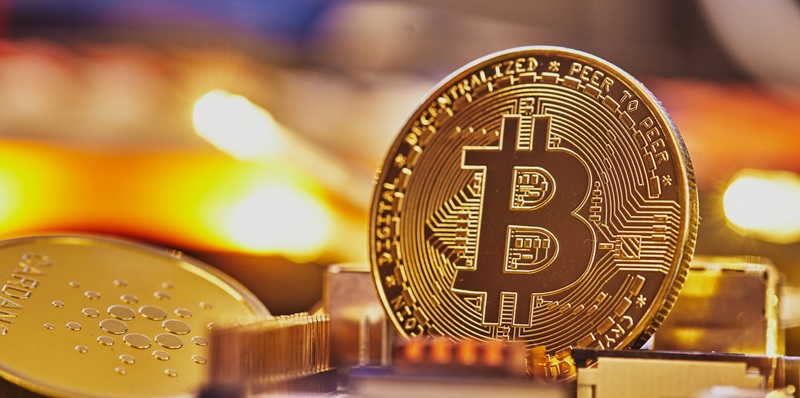The deception engineered by Tianjin Lantian Gerui Electronic Technology was of colossal proportions, swindling an astonishing $6.2 billion from over 128,000 hapless victims. The extent of the fraud sent tremors across the financial sectors while simultaneously destroying myriad financial lives. When the fraudulent scheme was eventually dismantled, it unearthed an intricate web of dubious financial activities. The spotlight fell on Jian Wen, who was entrapped within this network of deceit. Following a comprehensive examination into these questionable transactions, which characterized the company’s operations, Jian Wen was found guilty of money laundering. The conviction served not only as a cautionary tale but also highlighted the perils of unregulated financial operations and the catastrophic impacts they can have on ordinary investors. The Lantian Gerui scandal serves as a stark reminder of the potential dangers lurking within financial arenas, pressing for more vigilant regulatory oversight.
Pursuing Justice and Reparation
Victims Fight for Their Rights
Fraught with financial woes from the scam, victims are fiercely seeking reparations in court. They’ve reached out to high-ranking officials in China’s Foreign Affairs and Public Security ministries, stressing the need for dialogue and collaboration with UK counterparts. The confiscated 61,000 Bitcoins, worth about $4.3 billion, kindle hope among those swindled, as they claim rightful ownership of the cryptocurrency.
These individuals are relentlessly pushing their cause, sending letters to authorities and narrating the extensive economic and emotional toll they’ve suffered. Their drive for fair compensation highlights the intricacies of cryptocurrency jurisdiction and ownership rights after such fraudulent acts. This pursuit not only aims at recovery but also delves into the complexities of cross-border legalities in the digital age.
Legal Outcomes and Restitution Efforts
The UK, with the money laundering investigation having led to Jian Wen’s conviction, and the subsequent cryptocurrency confiscation, faces the complex task of asset distribution. Traditionally, in the absence of rightful claimants, seized assets would fall into the purview of law enforcement agencies and the Home Office. However, the victims of the fraud, bolstered by some degree of financial relief through disbursements by Tianjin authorities, are not standing down.
Thus far, the Tianjin police’s diligent recovery measures have led to two rounds of financial compensation, albeit a mere 13% of the original investments. Affected parties who availed themselves of the opportunity to register their grievances with the Chinese police were afforded this modest solace. As the judicial proceedings unfold, victims remain hopeful for a more substantial restitution to ameliorate their losses, and they continue to implore both Chinese and UK authorities to recognize their claim to the seized Bitcoin.
International Diplomacy and Crime Implications
Challenges in Cross-Border Cooperation
The complex network of global financial fraud emphasizes the necessity for strong international cooperation. Addressing the fallout of such widespread deceit requires adept diplomatic skills, legal expertise, and adherence to mutual justice principles. The collective pursuit of victims to navigate the maze of international regulations and individual legal systems underscores the determination needed to broker a resolution that aligns with global justice principles.
The example set by the Tianjin Lantian Gerui Electronic Technology scam case underscores the need for better protocols in financial crime, with a particular focus on cyber and crypto fraud. These instances underscore an urgent requirement for enhanced global regulatory measures and deeper coordination among nations to prevent similar future schemes and to ensure the global reach of financial justice is effectively maintained.
Restitution Process and Cryptocurrency Crime
The seizure of cryptocurrency from Jian Wen highlights the complexities of modern financial crime and the efforts to return stolen assets. As Bitcoin’s value is ever-changing and its status in the asset world is unique, figuring out who rightfully owns recovered cryptocurrency after a theft is a challenging task for the legal system. The victims’ determination to reclaim their lost funds puts this case at the forefront of developing legal frameworks for handling cryptocurrency disputes and determining its place within global financial law.
The case against Tianjin Lantian Gerui Electronic Technology uncovers layers of significant fraud and pushes us into an age where the need for justice extends to the realm of digital currencies. As this story progresses, it becomes a focal point for shaping discussions on a global scale about the wider repercussions of crimes involving virtual money. Both victims and legal experts are eager to see a resolution that offers solace to those affected by this far-reaching fraud.

